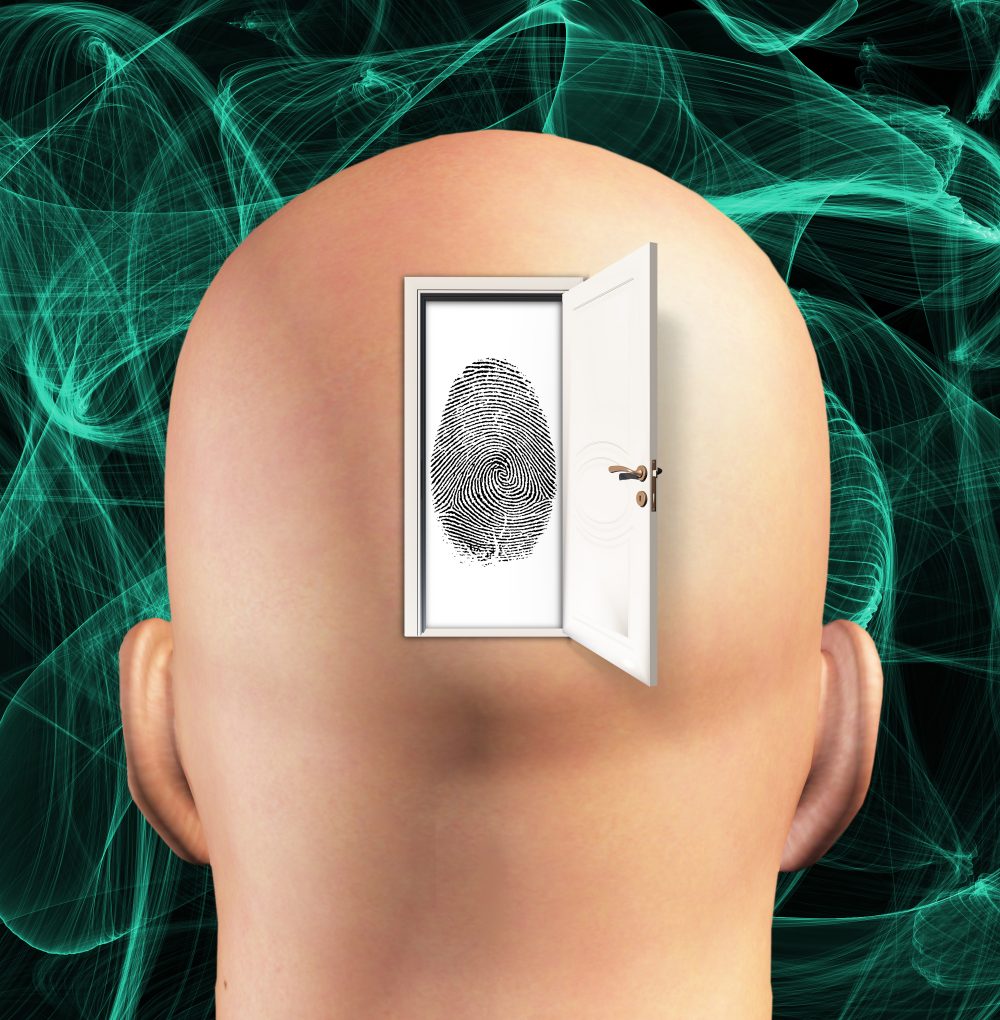7 Career Paths for Forensic Psychology Degree Grads
Graduates with a forensic psychology degree have more choices than meets the eye.

A forensic psychology degree applies psychological theory and research to criminal justice investigations and related fields. Students study human behavior including criminality, data analysis, writing and research to become forensic psychologists. There are a number of career paths forensic psychology degree students can take as they consider how to use their degree.
1. Law enforcement officer
Having the expertise of a degree in forensic psychology can be of great benefit to police officers and detectives, who often need to understand motivations and human behavior as they work cases and solve crimes. A forensic psychology degree may help a law enforcement professional get promoted faster into a leadership position in a local police department.
2. Crime scene analyst
Visiting the crime scene to analyze what happened requires a combination of psychological knowledge and knowledge of forensics in order to figure out how people’s behavior led to the evidence at hand. Crime scene analysts may also look for patterns and trends in criminal activity.
3. Expert witness
Using principles of forensic psychology to give expert testimony about those accused of crimes or witnesses in a trial is another career path for a forensic psychology graduate. Expert witnesses may speak to the psychological state of a person on trial, or they may give testimony that counters other information given to the court. Expert witnesses may work for the prosecution or the defense, depending on the need.
4. Community or court liaison
This career has forensic psychology graduates working with criminal offenders to represent their interests to the court or the community. Liaisons are one part of a rehabilitation plan and usually require direct contact with those who have been convicted of various crimes.
5. Probation officer
When convicted criminals have served their time, they usually have a period of probation where they need to keep in contact with a probation officer, who is charged with making sure they satisfy the conditions of their parole (and sometimes with setting those conditions). Newly released convicts often need to be drug- and alcohol-free, to avoid certain areas (like schools or parks if they are convicted of certain crimes), and to attend counseling or group therapy. Probation officers monitor these activities and make decisions about what happens when any of the conditions are violated.
6. Mediator
A forensic psychologist may act as a mediator between two sides of civil court cases to help determine a course of action that can satisfy both sides. This work is very challenging and requires a great deal of understanding of human behavior, as well as analytical ability, but it is valuable because it helps avoid lengthy and expensive trials when it works.
7. Researcher
Graduates with a forensic psychology degree have the choice of many
Researchers provide attorneys with documents and records they need as a trial takes place. They also interview witnesses, analyze evidence, and write reports. And of course, they do library research. Other duties might include preparing and filing legal briefs and wills as well as preparing evidence and exhibits that are presented at trial.
Florida Tech offers a bachelor’s degree in forensic psychology that will prepare you for a career in the field or for an advanced degree. Learn more about our Forensic Psychology Program and additional career options for program graduates.
%CODE1%





